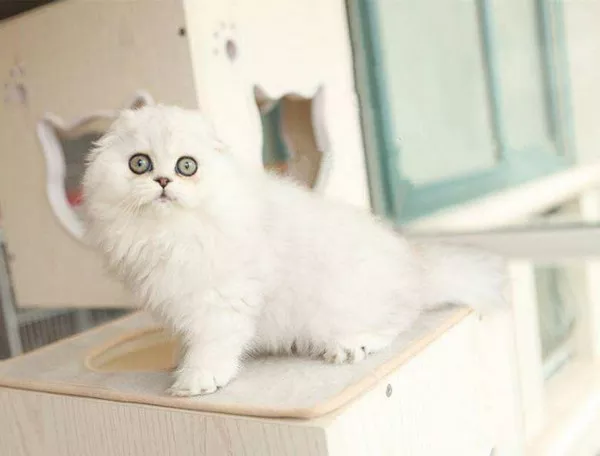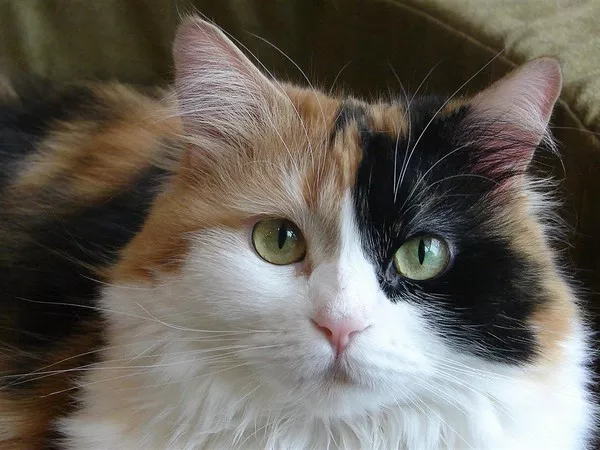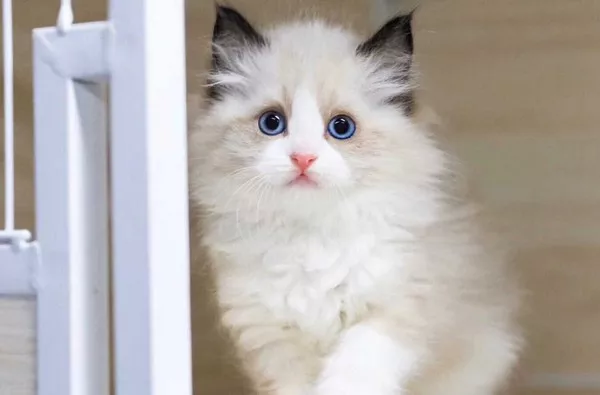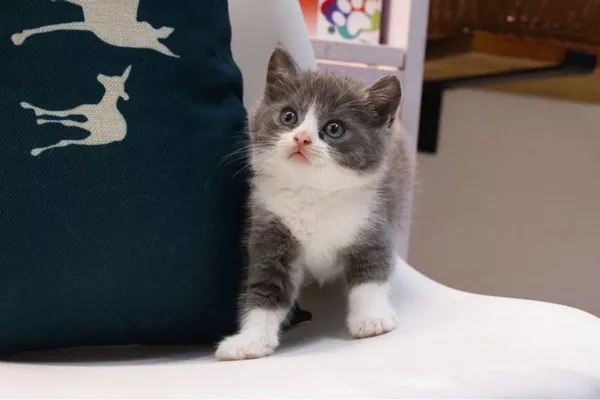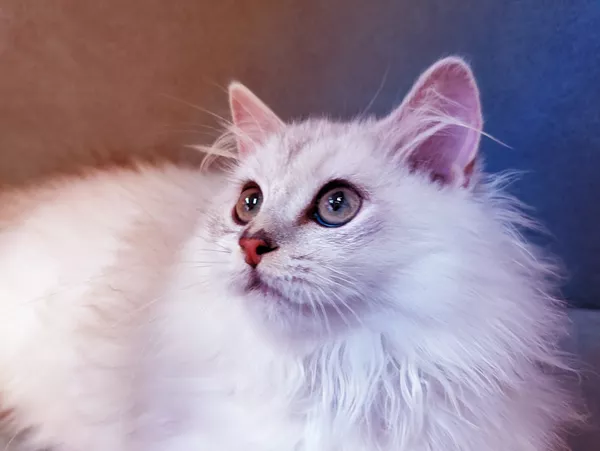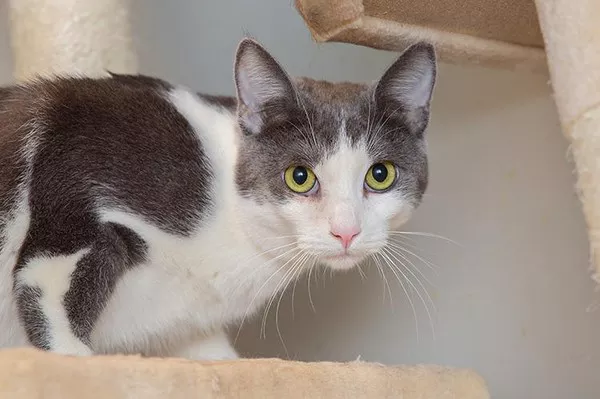British Shorthairs are a popular cat breed with a distinctive appearance and friendly personality. They are one of the oldest cat breeds in existence, originating in England in the 19th century. Despite their popularity, some people may wonder if British Shorthairs are healthy cats. Today, we’ll explore the health of British Shorthairs, common health issues they may face, and tips for keeping them healthy.
Overall Health of British Shorthairs
British Shorthairs are generally healthy cats with a long lifespan. According to the Cat Fanciers’ Association (CFA), the average lifespan of a British Shorthair is around 14-20 years, which is longer than many other cat breeds. They are a sturdy and robust breed with a dense, plush coat that requires minimal grooming.
As with any cat breed, it’s essential to ensure that British Shorthairs receive proper care, including regular wellness check-ups, a balanced diet, and vaccinations against common diseases. Keeping your British Shorthair at a healthy weight and providing plenty of exercise can also help prevent health issues.
Common Health Issues of British Shorthairs
While British Shorthairs are generally healthy cats, like all breeds, they may be prone to certain health issues. Here are some of the most common health issues that British Shorthairs may face:
- Hypertrophic Cardiomyopathy (HCM):
HCM is a heart condition that affects many cat breeds, including British Shorthairs. It causes the walls of the heart to thicken, making it harder for the heart to pump blood effectively. Symptoms of HCM include lethargy, coughing, and difficulty breathing. While there is no cure for HCM, early detection and treatment can help manage the condition and improve quality of life.
- Polycystic Kidney Disease (PKD):
PKD is a genetic condition that causes cysts to form in the kidneys, eventually leading to kidney failure. British Shorthairs are one of several cat breeds that are prone to PKD. Symptoms of PKD include increased thirst and urination, weight loss, and vomiting. While there is no cure for PKD, early detection and treatment can help slow the progression of the disease.
- Obesity:
British Shorthairs are known for their love of food, which can make them prone to obesity if not properly monitored. Obesity can lead to a host of health issues, including diabetes, joint problems, and heart disease. Feeding your British Shorthair a balanced diet, providing plenty of exercise, and monitoring their weight can help prevent obesity.
- Dental Problems:
Like many cat breeds, British Shorthairs may be prone to dental problems such as tartar buildup, gingivitis, and periodontal disease. Regular dental care, including brushing your cat’s teeth and providing dental treats and toys, can help prevent dental issues.
Keeping Your British Shorthair Healthy
Fortunately, many of the health issues that British Shorthairs may face can be prevented or managed with proper care. Here are some tips for keeping your British Shorthair healthy:
- Schedule Regular Wellness Check-ups:
Regular wellness check-ups with your veterinarian are essential for ensuring your British Shorthair’s overall health and detecting any potential health issues early.
- Feed a Balanced Diet:
Feeding your British Shorthair a balanced diet that meets their nutritional requirements can help prevent obesity and other health issues.
- Provide Plenty of Exercise:
British Shorthairs enjoy playtime and exercise, so make sure to provide plenty of opportunities for them to run, jump, and play.
- Monitor Their Weight:
Keeping your British Shorthair at a healthy weight is crucial for preventing obesity and other health issues. Regular weigh-ins and monitoring their food intake can help keep your cat at a healthy weight.
- Practice Good Dental Care:
Regular dental care, such as brushing your cat’s teeth and providing dental treats and toys, can help prevent dental problems.
- Vaccinate Against Common Diseases:
Vaccinating your British Shorthair against common cat diseases, such as feline leukemia and rabies, can help keep them healthy and prevent the spread of disease.
Conclusion
British Shorthairs are generally healthy cats with a long lifespan. While they may be prone to certain health issues, many of these issues can be prevented or managed with proper care. By providing your British Shorthair with a balanced diet, plenty of exercise, regular veterinary care, and monitoring their weight, you can help ensure that they live a long and healthy life.
Recommended reading:




